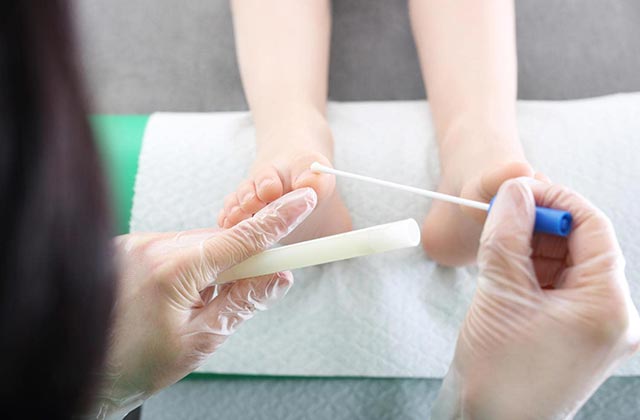A pap smear, or also called a pap test, is a procedure for women to test for cervical cancer. This involves collecting cells from your cervix, from the lower and narrow end of your uterus that is at the top of your vagina.
Early detection and diagnosis of cervical cancer through this test can give you a greater chance at a cure. The pap smear can also detect changes in your cervical cells that suggest cancer may develop in the future. Discovering these abnormal cells at the earliest possible time with a Pap smear is your first step in possibly curbing cervical cancer.
Reasons Why a Woman Needs Pap Smear
Most women know they need to get a pap smear as part of their regular health screenings, without knowing what it is really for.
This test is used to look for human papillomavirus or HPV in the cells from your cervix. Certain cells of HPV can cause genitals warts or cervical cancer. Detecting cancer early on through his test can give you the best chance at a cure. The Pap Test is performed on a regular schedule of every three years for women ages 21 to 65 years old to help detect changes in your cervical cells over the years.
Pap test is done more often depending on the test results. For women who are 30 years old and above, and having three consecutive normal results, you can go up to five years between screenings. Most women can stop having the pap test done at 65 to 70 years old, or if they have had a total hysterectomy, for reasons other than pelvic or cervical cancer, and haven’t had an abnormal Pap smear.
Pap Smear Screening Guidelines:
- For women under 21 years old: No screening necessary (no HPV testing)
- For 21 to 29 years old: Pap Smear every 3 years (HPV testing with abnormal results recommended)
- For 30 to 65 years old: Pap smear with HPV every 5 years (or every 3 years: not HPV testing alone)
- For 65 and over: No screening unless there is a history of abnormal pap smears
For those who have certain risk factors, your doctor may recommend a more frequent pap smear regardless of your age. These risk factors include the following:
- HIV infection
- A diagnosis of cervical cancer or a Pap test that showed precancerous cells
- Exposure to diethylstilbestrol (DES) before birth
- Weakened immune system due to chronic corticosteroid use, chemotherapy, or organ transplant
- A history of smoking
Your results will be discussed with you by your doctor and find the best course of action depending on your result. If you don’t have a doctor yet, you can go to an online doctor Toronto to book an appointment or for any inquiries and concerns about Pap Smear.
How to prepare for a Pap test
To ensure that your Pap smear is effective, follow these tips before taking your test:
- Avoid having sexual intercourse, douching, or using any vaginal medicines or spermicidal foams, jellies, or creams for two days before having a Pap smear, as these may wash away or obscure abnormal cells.
- Try not to schedule a Pap test during your menstrual period, if possible.
Results
A Pap test can alert your doctor to the presence of suspicious cells that need further testing.
- Normal results
You are said to have a negative result if only normal cervical cells were discovered during your Pap smear. There won’t be a need for further treatment or testing until you are due for your next Pap smear and pelvic exam.
- Abnormal results
You are said to have a positive result if unusual or abnormal cells were discovered during your Pap smear. Getting a positive result does not necessarily mean you have cervical cancer. What a positive result means will depend on the type of cells discovered in your test.
Here are some of the results you might get and what your next course of action might be:
- Atypical squamous cells of undetermined significance (ASCUS)
Squamous cells are thin and flat that grow on the surface of a healthy cervix. In the case of ASCUS, the Pap test reveals slightly abnormal squamous cells, but the changes may not suggest that precancerous cells are present.
- Atypical glandular cells
Atypical glandular cells may appear to be slightly abnormal, but it’s unclear whether they are cancerous. Further testing is needed.
- Squamous intraepithelial lesion
This indicates that the cells collected may be precancerous. If the changes are low grade, it is likely to be years away from becoming cancer. If they are high grade, there’s a greater chance for it to develop into cancer much sooner. Additional diagnostic testing is necessary.
- Squamous cell cancer or adenocarcinoma cells
This means that the collected cells appear so abnormal that the pathologist is almost certain a cancer is present. If such cells are found, a prompt evaluation will be recommended by your doctor.Early diagnosis of cervical cancer will give you a greater chance for a cure. If you have more inquiries about Pap smear, you can contact an online doctor Toronto. They are also available for bookings and consultations online.
